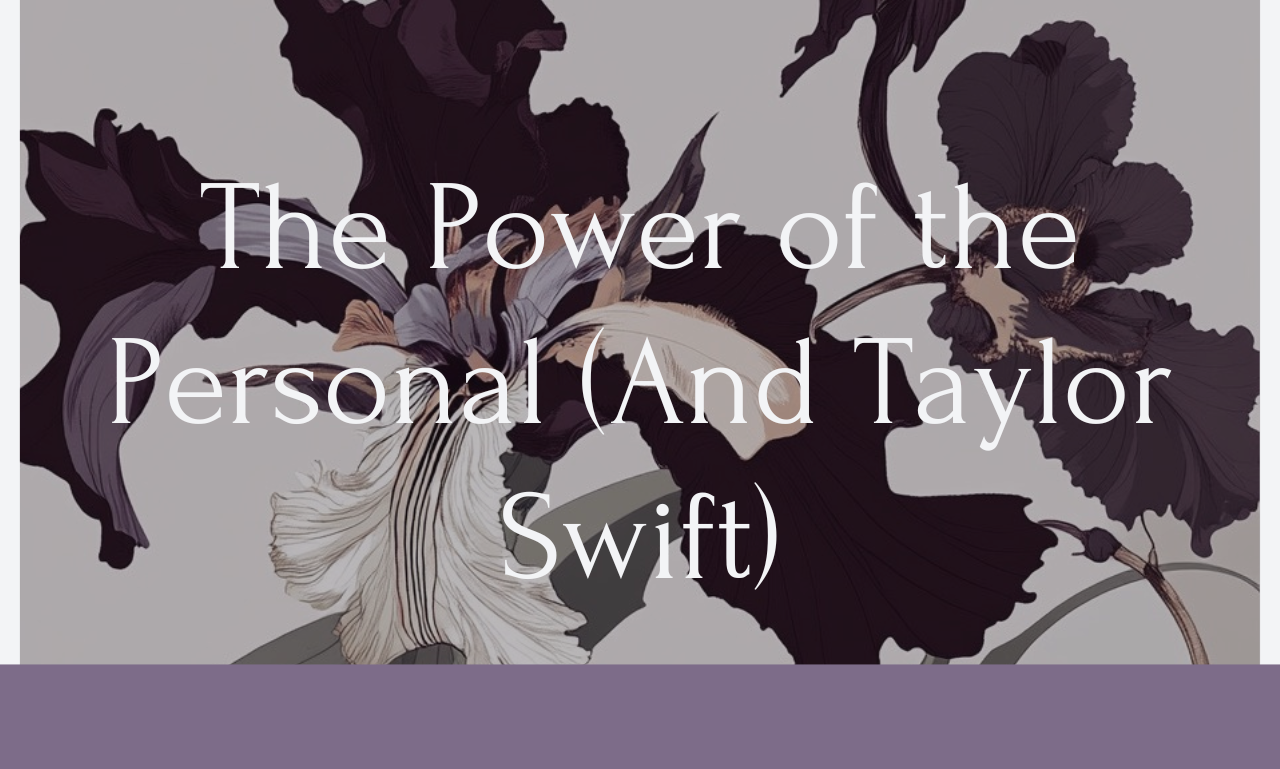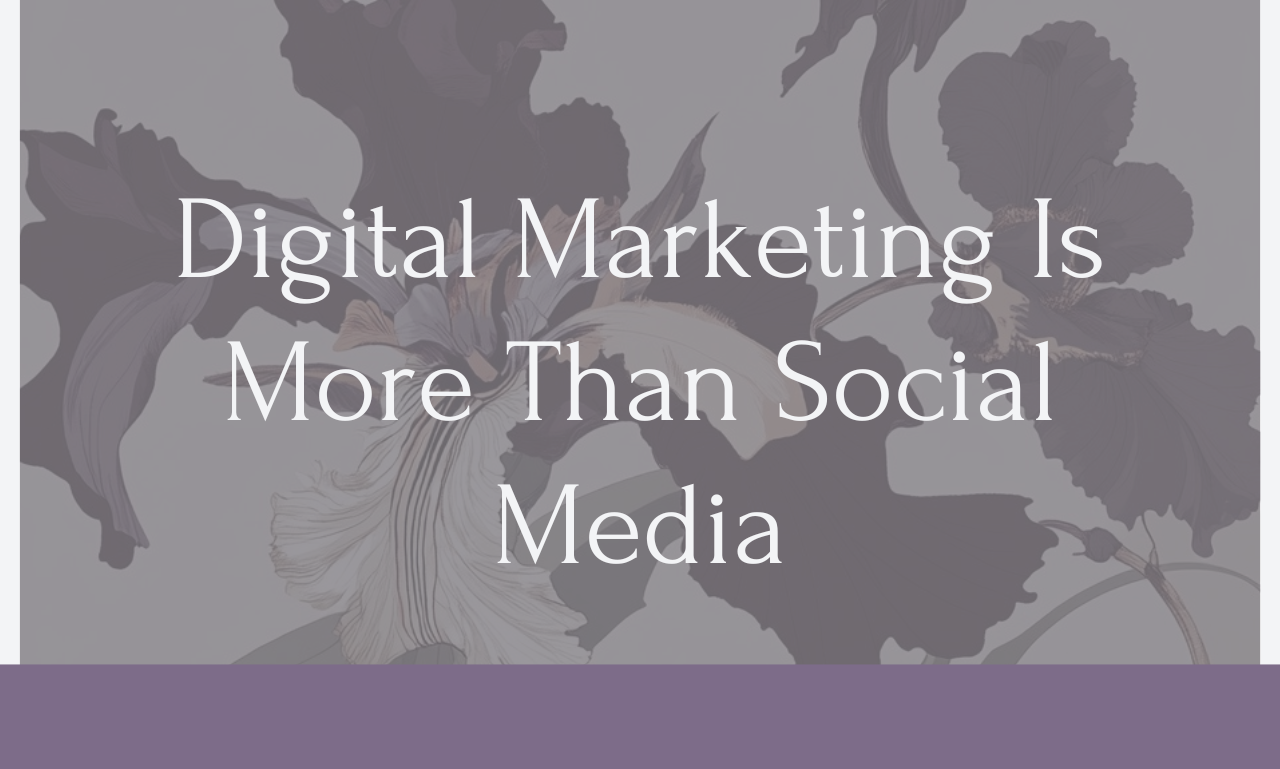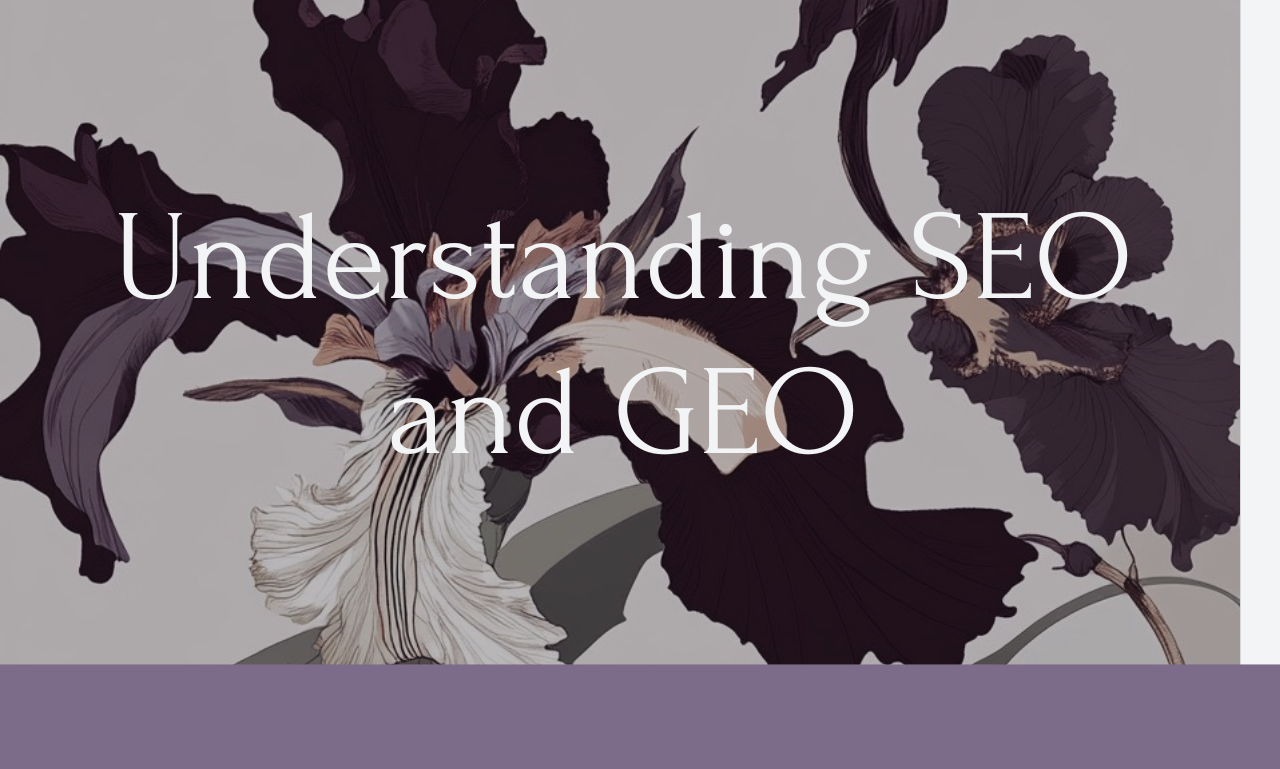
The Power of the Personal (and Taylor Swift)
The power of the personal
Not to bandwagon too hard, but… Taylor Swift. Love it or lump it, her successful, decades-long, record breaking career proves some things. In her song writing, her myth making, she understands something I try to teach my creative writing students and something content writers and designers should remember: the specific becomes universal.
Taylor’s fans respond to the specificity of the experiences she writes and sings about; to the inherent emotional truths. Though no one (and I mean no one) has a life that looks like hers, Taylor is still able to write songs and lyrics that resonate because people can relate to the acute experiences she describes—being in and out of love, feeling betrayed, losing friends, etc.
“Writing from lived experiences” is a skill I teach in my fiction classes. Writing that is grounded in life experiences—whether those are sensory experiences, emotional experiences, or autobiographical ones—adds a depth of realistic description that helps a story come to life. Even in fiction, when the pieces may not be autobiographically true, adding specificity builds layers of meaning and reality.
Being specific when creating imagery, writing dialogue, building worlds, is when a creative writer creates something memorable.
Using specificity is a valuable tool in business writing as well, but it requires writing for the lived experiences of the intended audience. Whether it’s emails, blogs, white papers, or eBooks, they should be written for the people they address, mindful of their lives and experiences.
It’s important to remember that customers and potential customers aren’t everyone—they are someone! They need to know how your products and services solve their problems, specifically. Effective strategies mean knowing who you’re writing to so you can make sure they get what they are looking for out of it.
Creating clarity and adding value comes after knowing what problems the audience faces, so that the work can solve those problems.
Effective communication requires understanding the target audience. Whether it’s technical documentation to help existing users onboard and adopt a new technology, or explaining how particular processes effect certain industries, the impact of that work depends on understanding the audience.
Working to address the problems and concerns of a specific audience has the initial benefit of creating clarity and solving problems. But it has a secondary impact. Working with specificity means that there are potentially audiences you haven’t identified yet who have the same problems and will find benefit and use from the material you’ve already created.
So whether you’re a billionaire pop-star, a fiction writer, or looking to grow your written content and digital services for your B2B business, you have to stay specific.




